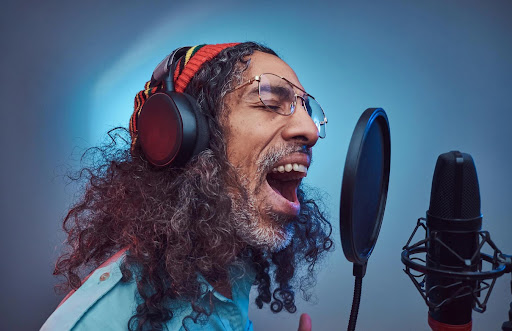Want to get your music out to over 40k radio and sound system dis? CLICK HERE
Stay up-to-date with all that's new at Dancehallreggaeworld, Click Here to subscribe for my updates and don't miss a thing!
Creators and famous representatives of reggae music

Musicians who played rocksteady and ska decided to slow down their music in search of something new. The texts acquired a more socio-political character.
The instruments have also changed a bit: fewer ska pipes, more guitars, bass, and drums - a more familiar kit for British and American rock bands. Experiments with sound and socially-expressed texts were also directed towards the religion of Rastafarianism - this is how Jamaican rock became real reggae.
Sound
Reggae was distinguished by a shift in rhythmic emphasis to a weak beat, in the slang of musicians - “skanking”. The rhythm in reggae takes over everything, the bass only leads the melody, and the rhythm guitar supports the melody. Jamaican musicians had a peculiar accent in their performance - such a Jamaican-English dialect is called Patois, or Creole.
Reggae music has always been distinguished by the fact that it conveys the real-life emotions of the creators - the same vivid emotions can be obtained without leaving home, for example, by playing Bizzo live casino online.
Reggae creators
It is difficult to agree on where the term “reggae” came from and what song can generally be considered the first in this genre. In 1968 Toots & the Maytals recorded the track "Do the Reggae", which is considered the first in the genre.
According to other sources - this is the composition "Long Shot Kick De Bucket" by The Pioneers, recorded a year earlier. It was this track that stayed on the Jamaican national charts for a long time and bore all the musical hallmarks of what would later be called reggae.
The main undeniable fact about reggae is perhaps that Bob Marley is the most important and influential musician and reggae luminary. In Jamaica, he became a real cult figure; the public perceived his political and religious speeches as revelations of a saint.
In 1962, Bob Marley and his friends Bunny Wailer and Peter Tosh formed The Wailing Wailers. By 1964, they had reached the top of the Jamaican national charts with "Simmer Down".
Over time, their music shifted from ska to reggae, and the lyrics changed from optimistic to social. Tosh and Wailer later left the band, while Bob continued to play with The Wailers for the rest of his life.
While most of the attention is on Marley, the rest remain in the shadows. For example, Peter Tosh, is one of Marley's associates and partners. In his youth, Tosh was so fond of the guitar that he studied the performances of groups, especially guitarists, and adopted their movements. In 1987, he was presented with an exclusive guitar made in the form of an M16 rifle.
Rastafarianism
One of Bob Marley and The Wailers' contributions to reggae was the use of Rastafarianism as a main theme. Rastafarianism grew out of Christianity and the philosophy of activist Marcus Garvey. In response to Garvey's teachings, the Rastafarians considered the Ethiopian emperor Haile Selassie a messiah whose coronation would lead to their liberation from tyranny and oppression and bring them closer to their god Jah.
Reggae Abroad
After reggae's initial success, Island Records became interested in the music and began promoting it in the UK. Gradually, reggae becomes mainstream. Famous musicians such as Neil Diamond and The Beatles also began to adopt some of the nuances of the melodies.
Eric Clapton
In 1974, reggae officially reached a white audience when Eric Clapton covered The Wailers track "I Shot the Sheriff". The song became a breakthrough hit in the US and UK and brought international attention to Bob Marley and reggae.
Jimmy Cliff was a popular singer in Jamaica and was known for his sunny, peaceful attitude. In 1973, Cliff starred in the film The Harder They Come. In it, Cliff plays a young man who dreams of becoming a reggae star, fighting corrupt music producers, drug dealers, and the police.
Although the character was very different from Cliff's public persona, the film achieved a cult following in a string of reggae fever.







